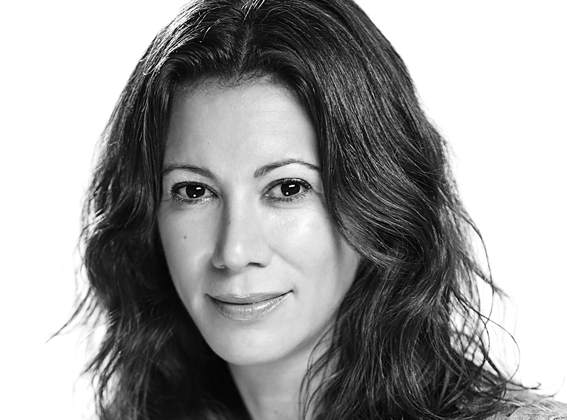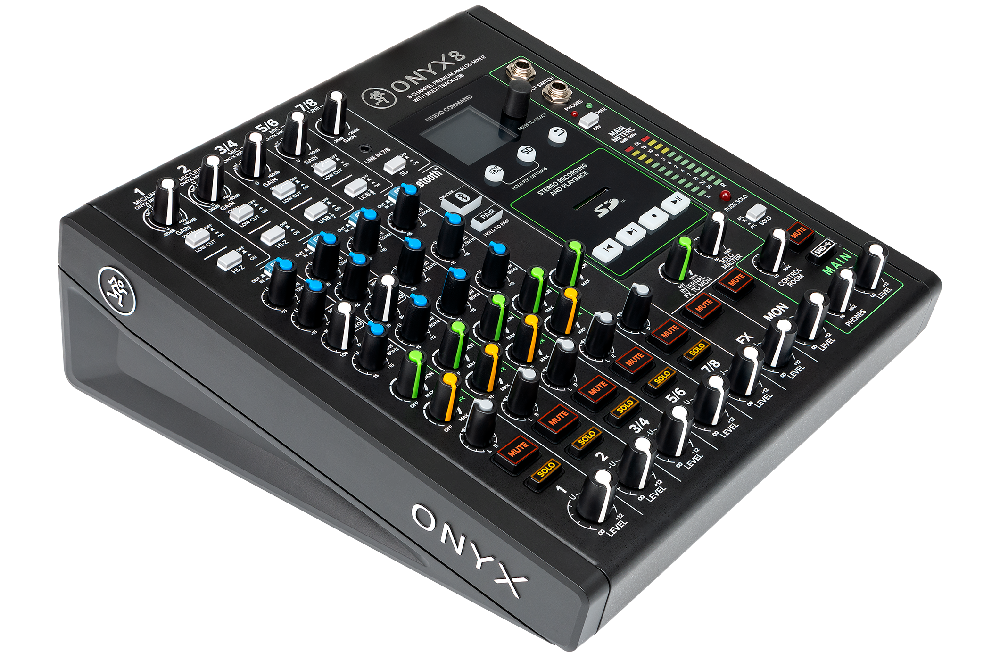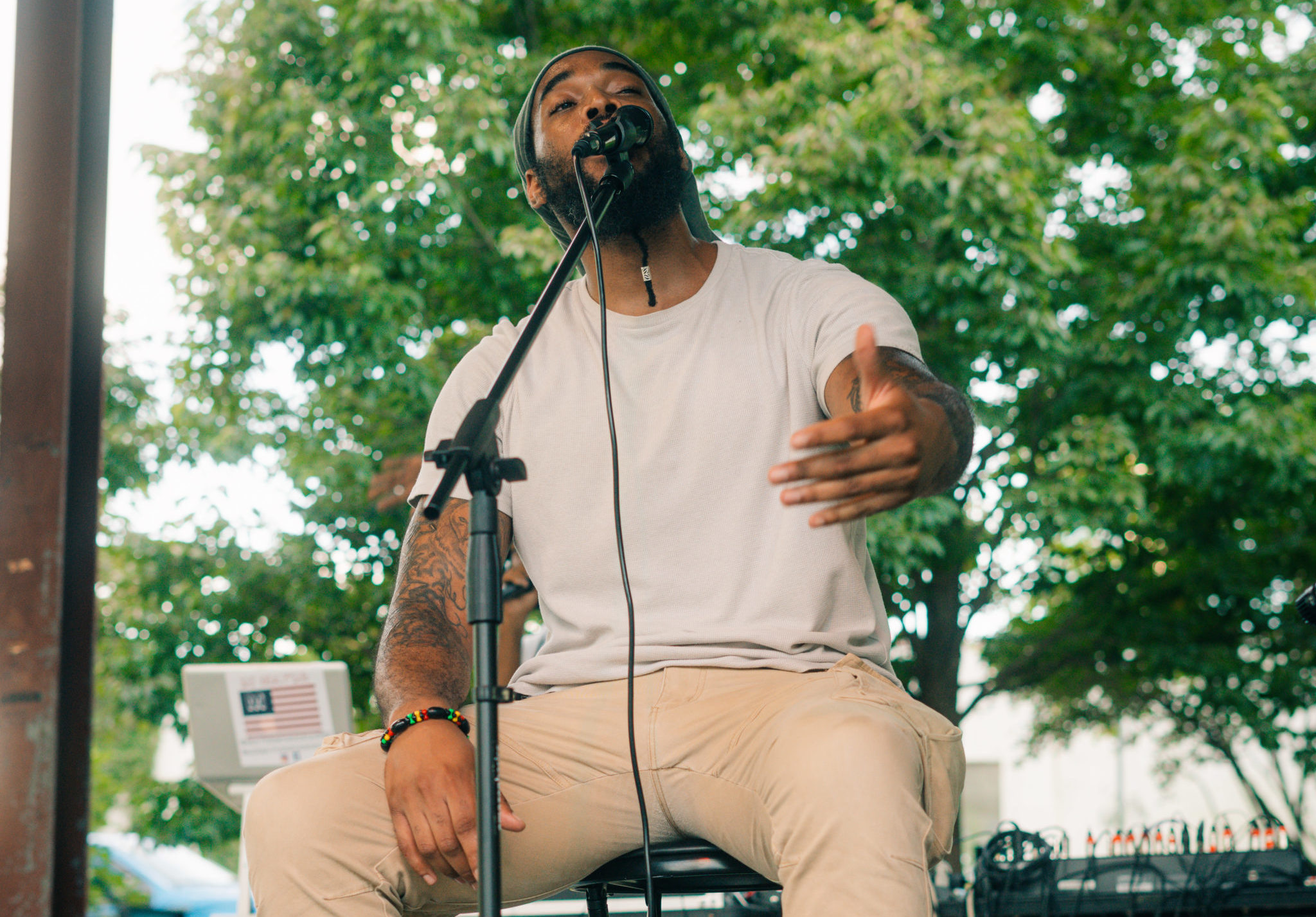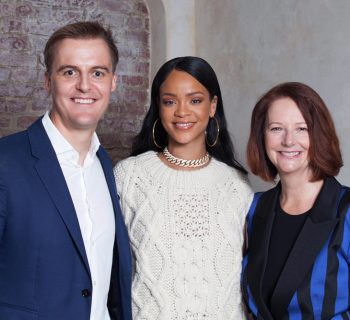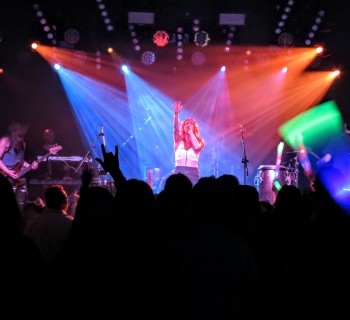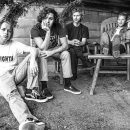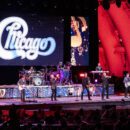D’Addario Foundation
Executive Director
Years with Company: 14
Address: 595 Smith St.
Farmingdale, NY 11735
Phone: 631-439-3255
Email: foundation@daddario.org
Clients: Education Through Music, Omni Foundation, Intonation Music, Corona Youth Music Project, Bay Area Music Project, Harmony Project Tulsa, Musicambia, The People’s Music School, Play on Philly, Austin Classical Guitar Society, Internal Creations, United Sound, OrchKids
BACKGROUND
The D’Addario empire is renown for its guitar strings and other instrumental accessories. Suzanne D’Addario was born into the family that’s been operating the company since 1974. As Executive Director of the manufacturer’s philanthropic wing, she’s devoted to providing access to music education for disadvantaged youth.
The Foundation’s Origins
Over 30 years ago, the owners of D’Addario & Co, which were my father John and [my uncle] Jim, developed a wonderful classical guitar string. They were trying to get this product tested in the market, so they created a performance series for young and emerging classical guitarists. They could try our products and we could get feedback.
The Foundation started as more of an artist support network. As these performances became more complex, they decided to switch gears and get away from the performance element. At that time, a lot of arts and music programs began to be cut, and they saw that. They also saw that music isn’t accessible to everyone. And in socioeconomically depressed neighborhoods, there isn’t really access to instruction. Around 1980-81, The Foundation shifted gears. We now focus all our efforts on music education access and equity.
Finding Teaching Programs
We pride ourselves on our ability to vet and identify the most impactful music education and youth development programs in the world. We know the points to look for in nonprofits that are doing this type of work. We really seek organizations that are providing immersive instrument instruction. The majority of our programs are free or very affordable, and they’re in disadvantaged communities. These programs truly become an opportunity for kids to overcome the challenges of their early lives; they’re much more than just teaching a kid how to play an instrument.
The Science of Music
There’ve been quite a few compelling studies that point to active participation in music having a profound effect on the neural pathways in a child’s brain. Most kids in our programs get more engaged in school in general. It sparks a level of creativity and discipline. There’s more and more evidence of that.
D’Addario’s Contribution
Because we’re affiliated with D’Addario & Co, we’re really blessed. We receive a percentage of the net profits from the company to help fund our work. It’s very consistent for us. The other thing is they cover all our operating expenses, so when we receive donations that money goes directly to support programming.
Being Instrumental
We prefer not to give grants for the purchase of instruments, because we don’t have any control over where they’re getting those instruments, or whether they’re getting a decent price for them. We prefer to support teachers’ salaries or the general administration of programs.
If somebody has a desperate need for an instrument, we [are often] able to locate instruments for these programs. In fact, we get regular donations of instruments from manufacturers, like D’Angelico Guitars. The other thing we do is instrument drives. And we work with a great organization called Hungry for Music. We collect instruments, have them rehabilitated, and then they get donated. There’s another organization we partner with called Instruments in the Cloud, which is an online platform that helps [connect] programs with people in their area [who are] willing to donate instruments. Those are the avenues that we prefer, rather than just giving someone money and saying, “Hope you get a good deal.”
Approving Grants
Any grassroots, nonprofit music education program can apply. It’s a rolling admissions, so we’re always reviewing letters of inquiry and prescreening proposals. If an organization is invited to submit a formal grant application, there are two times per year that we accept applications, with a deadline.
And then we have a review committee. My father still reads every one. It’s wonderful to get his perspective, because he has a level of wisdom that brings something special. He’s also particularly good at budgets. We have a woman, Dr. Margaret Martin, who founded Harmony Project of America. To have her involved brings a great perspective to our review process.
We like to really consider all applicants in a meaningful way. They ask for what they’re hoping for and tell us why. And then we come together as a committee. We hide our recommendations from each other so that we’re not being influenced. And then we make our final decisions.
Relationships With Grantees
Once organizations win grants from us, it becomes a partnership. We want to help them work through any challenges. Ultimately, there are some that stand out, and we’ll give them multiyear grants, so they’re not in a position where they have to reapply every year.
Seeking Donations
About five years ago, we began actively soliciting third-party donations. Someone from a marketing firm in Chicago came to D’Addario & Co and was rebranding the company. He was appalled that a lot of D’Addario’s consumers had no idea [about] The Foundation. He thought we needed to be talking about this work more, so we made a commitment to do that. Events have helped present us as an organization in need of support, [as well as having] a great website and an active social feed. Engagement at NAMM and those types of things have brought us support.
D’Addario Foundation Scholarships
In June 2021, my aunt, Janet D’Addario, passed away. When she was a young mother, she met a woman named Paula. Paula was having a hard time and Janet was there for her. Years later, Paula reached out to Janet. Paula was now the trustee of a trust that a lovely couple left her. [The couple] happened to be very committed to supporting music education, so she reached out to Janet, because she found out about The Foundation and remembered how kind Janet was to her.
At that time, we were developing this college scholarship program concept. [We thought], how can we be involved in nurturing these kids to apply to and attend college? A lot of the kids in the programs we support are immigrants and children of parents who have never been to college, so it felt like the next step.
We connected with Paula and helped create what we needed, enough that we felt we could award 10 scholarships a year for the entire tenure of these students’ college careers. They get a stipend from us to cover the costs of college. We recently awarded our third class of scholarships to about 11 students. We now have 31 total students that we’re paying.
Transitioning Away From the Pandemic
With COVID-19, we really took a hit. There was a lot of uncertainty around how programs can operate safely. Things are just beginning to get back to normal. For these programs, it’s critical that they have in-person instruction. The virtual piece worked great for as long as it was needed, but this type of work needs to be conducted in person.

